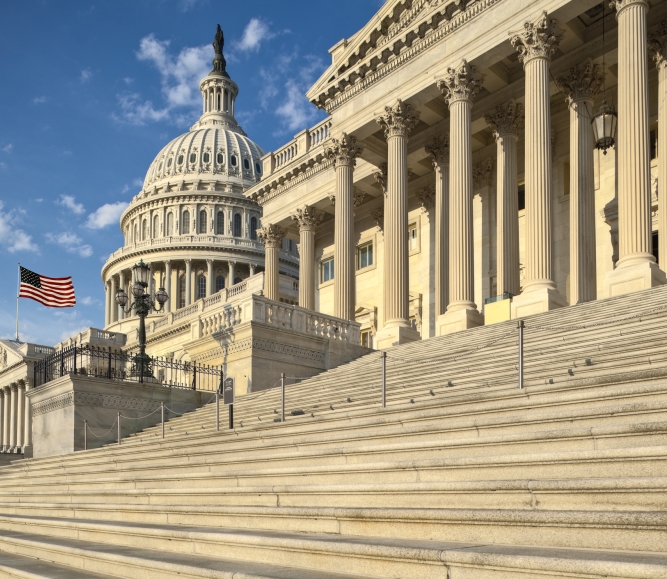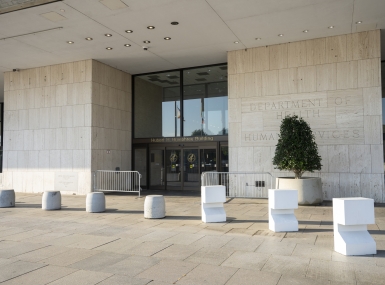FCC announces third application window for the Emergency Connectivity Fund
Author

Seamus Dowdall
Upcoming Events
Related News

Key Takeaways
On March 23, the Federal Communications Commission (FCC) announced it is opening a third application filing window to award at least $1 billion in Emergency Connectivity Fund (ECF) support. During the third application window, which opens on April 28, 2022, and closes on May 13, 2022, eligible schools and libraries will be permitted to submit requests for funding to purchase eligible equipment and services between July 1, 2022, and December 31, 2023. Given past demand, the third application window will likely be the last opportunity for schools and libraries to apply before the program’s funds are expired.
The American Rescue Plan Act of 2021 authorized the creation of the ECF for broadband internet service and equipment to support remote learning during the COVID-19 pandemic. Since the program’s formal launch in May of 2021, schools and libraries have been able to secure the full benefit of existing ECF support, which supports off-campus learning and ensures students across the country have the necessary support to keep up with their education. The current state-by-state breakdown and list of schools and libraries receiving funding can be found here.
Although our role in local public schools is different across the nation, all counties share a tax base with local school boards and provide complementary services to local students. Counties also play an active role in supporting and funding K-12 schools in five states including Alaska, Md., N.C., Va., and Tenn., and support more than 1,000 libraries across the nation.
Counties remain committed to addressing the digital divide across the nation, as rural and low-income students, in particular, face significant barriers to remote learning. While many county governments have used local funds to provide mesh networking, free Wi-Fi extenders, and other resources to ensure continuity in learning, the ECF will serve as an important resource as we work with our federal partners to implement long-term solutions that address the digital divide. NACo will continue to monitor federal actions related to access to broadband connectivity.
Additional Resources
- NACo Toolkit: Tracking COVID-19 Relief for Human Services and Education Programs
- NACo Blog: FCC awards first round of Emergency Connectivity Fund grants
- NACo Blog: FCC announces new resources and funding opportunities aimed at closing the homework gap during the COVID-19 pandemic
- Broadband Task Force: High-Speed Internet Is Essential For All Counties
- American Rescue Plan Act Funding Breakdown
Resource
NACo Toolkit: Tracking COVID-19 Relief for Human Services and Education Programs

Related News

Podcast: The CIO Reserves
Greenbrier County, W.Va. Commissioner Tammy Tincher, Cook County, Ill. CIO Tom Lynch and NACo CIO Rita Reynolds discuss the pilot CIO Reserves program, which offers IT experts to help rural counties assess their technology and cybersecurity needs.

U.S. Department of Health and Human Services announces major restructuring
On March 27, the U.S. Department of Health and Human Services (HHS) announced a sweeping reorganization that will consolidate agencies, shift key programs under a new framework and eliminate thousands of positions. This change brings HHS in line with President Trump's Executive Order, “Implementing the President’s ‘Department of Government Efficiency’ Workforce Optimization Initiative.”

U.S. Department of Health and Human Services moves to reduce public comment in rulemaking
On February 28, the U.S. Department of Health and Human Services (HHS) announced a policy change limiting public comment opportunities to only those required by law. Published in the Federal Register on March 3, the decision rescinds the “Richardson Waiver,” a 1971 directive from then-HHS Secretary Elliot Richardson that encouraged broader public input on regulations related to public benefits, grants and healthcare policies.
